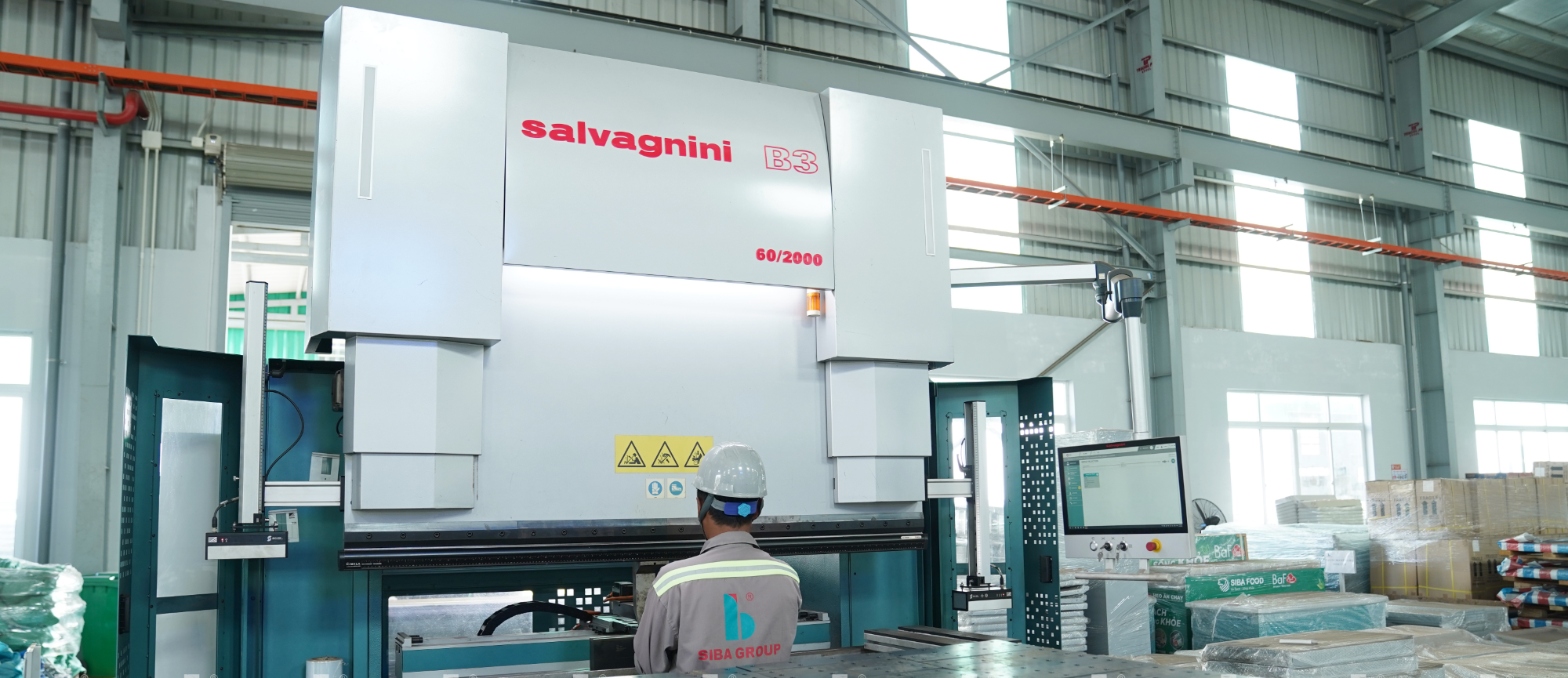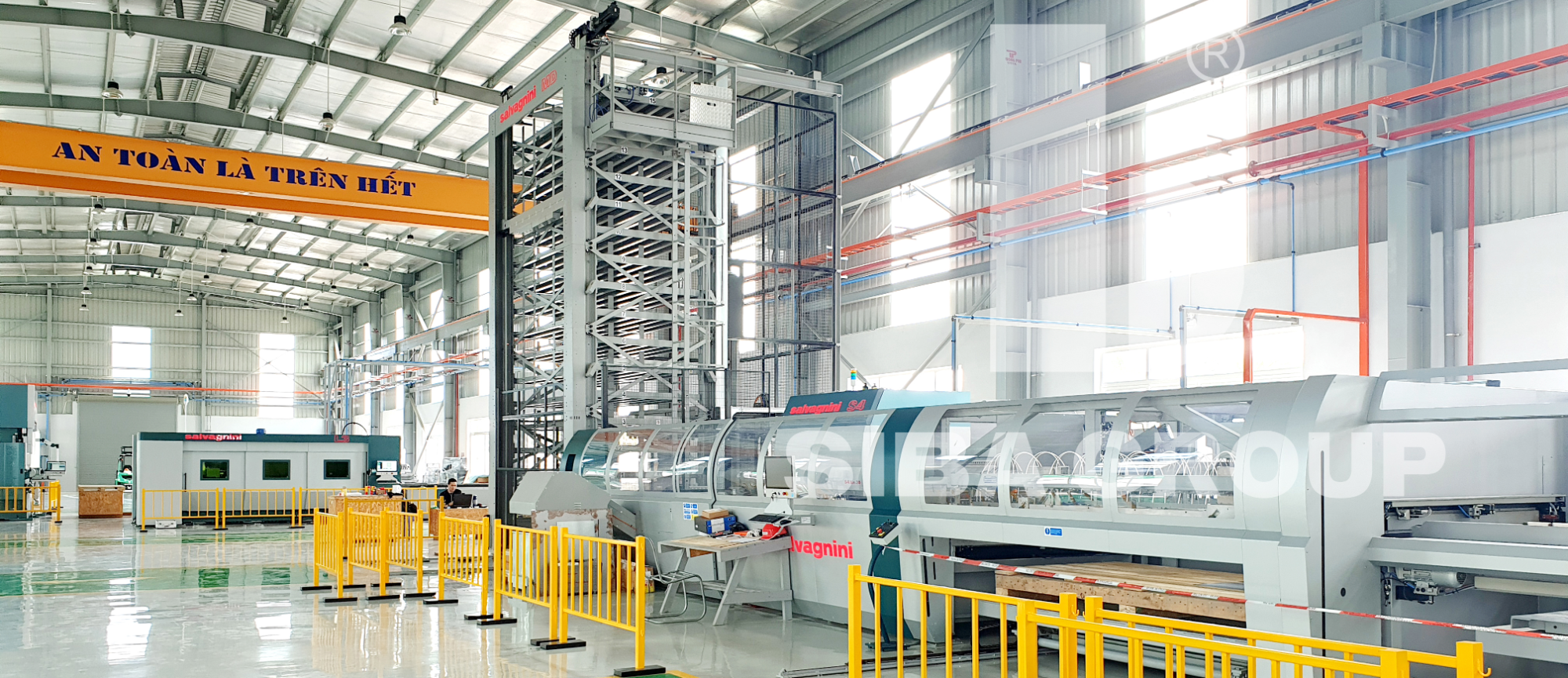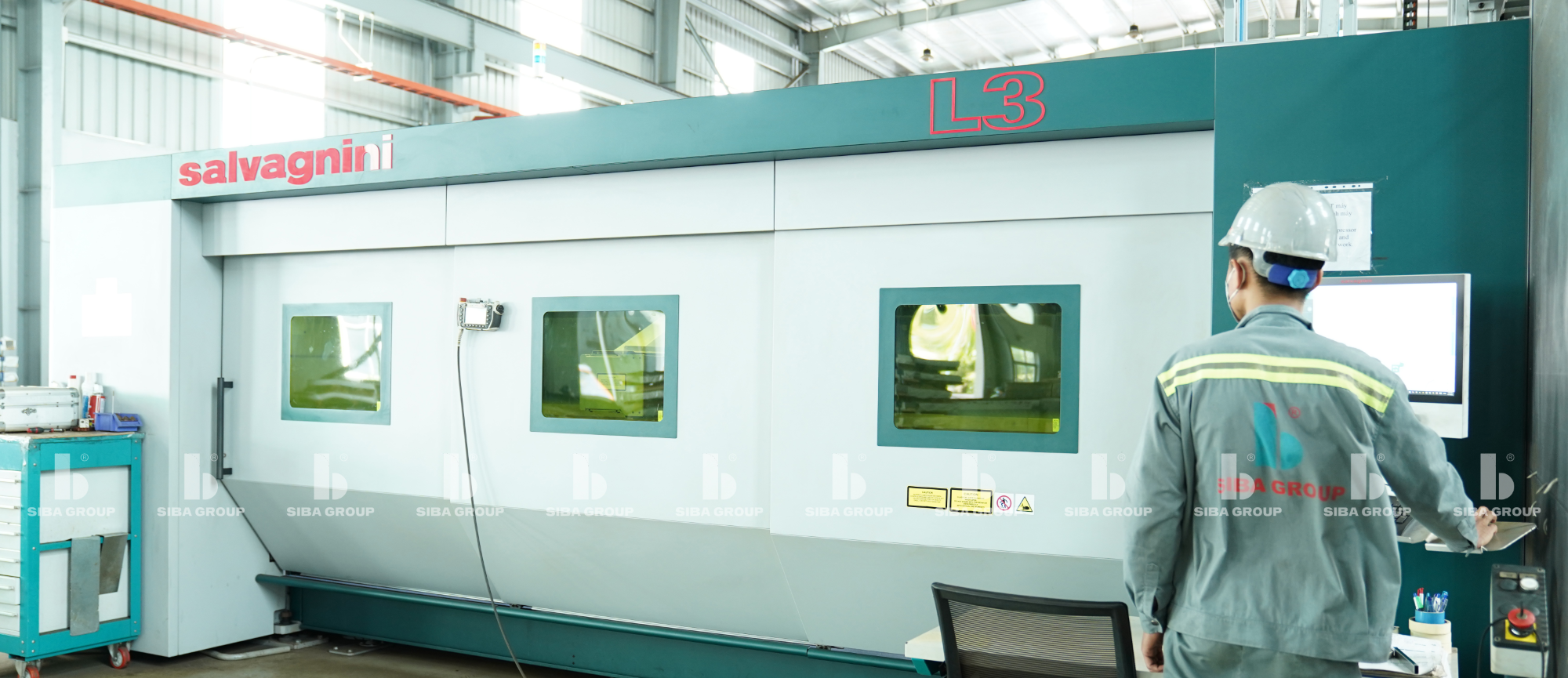Quality control (QC) is a critical aspect of sheet metal fabrication, ensuring that the final products meet the required standards and specifications. It helps to maintain customer satisfaction, reduce costs, and improve overall efficiency. Here are some key reasons why QC is essential in sheet metal fabrication:
1. Product Quality and Customer Satisfaction:
- Meeting Expectations: QC ensures that products meet or exceed customer expectations in terms of dimensions, finish, and performance.
- Brand Reputation: Consistent quality helps to build and maintain a positive brand reputation.
- Reduced Returns and Complaints: Effective QC can minimize returns and complaints, leading to higher customer satisfaction.

2. Cost Reduction:
- Waste Prevention: QC helps to identify and prevent defects early in the manufacturing process, reducing waste and material costs.
- Rework Minimization: By detecting errors before they become major issues, QC can minimize the need for rework, saving time and money.
- Improved Efficiency: QC can help to streamline the manufacturing process, leading to improved efficiency and reduced costs.
3. Process Improvement:
- Data-Driven Decisions: QC data can be used to identify trends and areas for improvement in the manufacturing process.
- Continuous Improvement: QC can support continuous improvement initiatives, helping to optimize operations and reduce costs.
- Compliance: QC ensures compliance with industry standards and regulations, reducing the risk of legal issues and penalties.

4. Safety and Regulatory Compliance:
- Product Safety: QC helps to ensure that products are safe for use, protecting consumers and the company from liability.
- Regulatory Compliance: QC can help to ensure compliance with relevant safety and environmental regulations.
5. Competitive Advantage:
- Differentiation: High-quality products can give a company a competitive advantage in the marketplace.
- Customer Loyalty: Consistent quality can lead to increased customer loyalty and repeat business.

Key QC Techniques in Sheet Metal Fabrication:
- Inspection: Visual inspection, dimensional checks, and functional testing.
- Testing: Material testing, destructive and non-destructive testing.
- Statistical Process Control (SPC): Using statistical methods to monitor and control processes.
- Gauge R&R Studies: Assessing the capability of measurement systems.
- Quality Management Systems: Implementing standards like ISO 9001 to ensure quality throughout the organization.
By prioritizing quality control, sheet metal fabricators can improve their products, reduce costs, and gain a competitive edge in the market.
Contact us to learn how Siba Indus can meet your precision metal product manufacturing requirements:
 1900 999938
1900 999938
 info@siba.com.vn
info@siba.com.vn



![]() 1900 999938
1900 999938![]() info@siba.com.vn
info@siba.com.vn